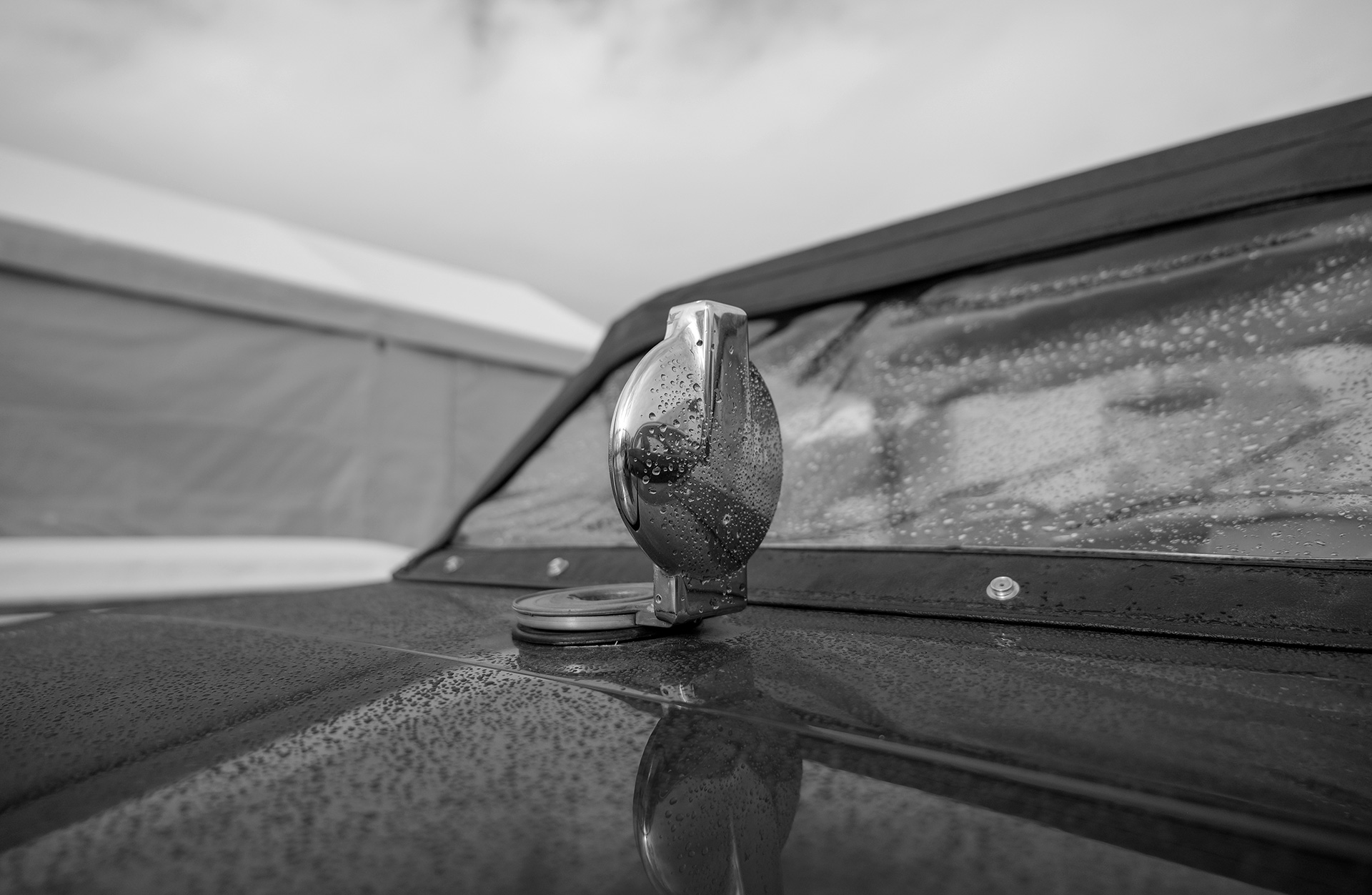To Premium or Not to Premium?
With fuel prices constantly rising, it’s become common practice for most drivers to pull up to the gas pump and choose the cheapest available option, 87 octane. Most of the time, this isn’t an issue. Nearly all cars run just fine on 87 octane. So, if that’s the case, then why are there 3 or sometimes 4 different grades of fuel?
Before we get into that, we need to understand what the octane ratings mean. The higher the octane rating, the more compression the fuel can withstand before igniting. When fuel is injected into your engine, it is compressed, ignited, and the resulting explosion is what creates power. The amount of compression that occurs is known as the compression ratio. Most vehicles have a compression ratio of around 8:1 to 10:1. The higher the compression ratio, the more octane is needed to prevent premature detonation, which is what happens when the fuel is ignited by compression, before the spark plug fires.
In essence, a 94 octane fuel can withstand higher compression than an 87 octane fuel. Most economy cars don’t have a very high compression ratio, and as a result, don’t require, or receive performance benefits from being filled with high-octane fuel. A higher-than-necessary octane fuel won’t hurt your car, but you aren’t going to see any gains in power or efficiency as a result.
That being said, there are benefits to premium fuels other than the resistance to pre-detonation. Certain fuels such as Chevron’s 94 Octane do contain extra cleaning additives, which can help prevent the buildup of contaminants in the combustion chamber, injector tips, intake manifolds, and intake valves, particularly in direct-injected engines. This buildup can lead to a loss in power and fuel economy over time, so running a high-octane fuel in a car that doesn’t require it, isn’t necessarily a waste of money.
Some cars, particularly high-end sports cars, or even entry-level turbocharged sports cars will have a message in the fuel door saying 91 octane is either required or recommended. This is because they run higher compression ratios, and often more advanced ignition timing. When ignition timing is advanced, it means the spark plug fires just before the piston reaches the top of its compression stroke. This means the combustion has time to spread and begin pushing the piston back down as soon as it gets to the top dead center, resulting in more power.
If this sounds dangerously close to the pre-detonation we were talking about earlier, that’s because it essentially is a controlled pre-detonation. If the octane rating of the fuel is too low, the fuel will become much more volatile near the top of the compression stroke, and when the spark plugs fire, it will burn faster than expected. Your engine has a knock sensor that can detect if pre-detonation is occurring, and the ECU will adjust ignition timing accordingly. So, if your car recommends 91 and you do use 87, it’s not the end of the world.
Your ECU will do the math and pull the ignition timing back to a less aggressive setting and prevent any knock from occurring. Your car will likely feel a little more sluggish on the 87 octane, and that’s because it isn’t able to be as eager and aggressive on the ignition timing, making less power as a result. So, while it isn’t the end of the world, if your car is not designed for 87 octane, running it regularly is still not a good idea. Similar to people, a bodybuilder will not ruin all of their progress by eating at McDonald’s one time, but to maintain their high performance, they do need to stick to a high-quality diet on a regular basis. The same goes for your car. If it is designed to perform at a certain standard on a certain fuel, it is best to fill it up with what it’s supposed to have.
If you aren’t sure which fuel is recommended for your vehicle, there will be a note in the fuel door that specifies if a high-octane fuel is required or recommended. As a general rule, we recommend you use a fuel that meets or exceeds your vehicle manufacturer’s recommended octane rating.
Written by Tyler Schick.





